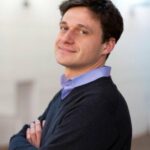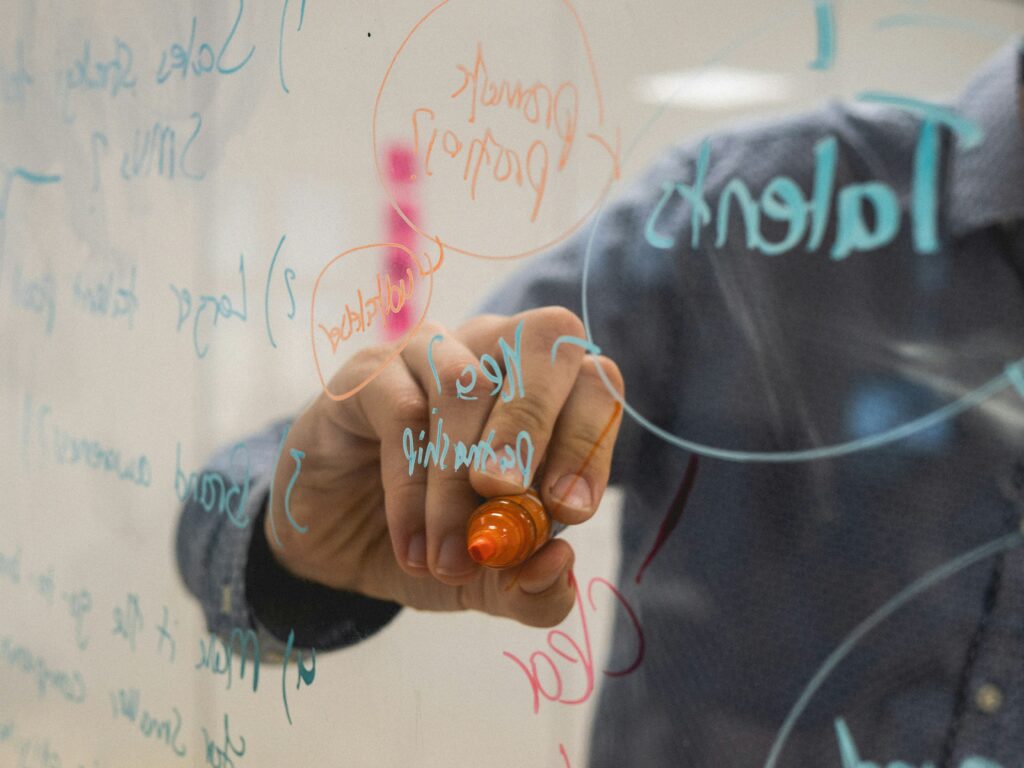Workshop: Modelling and forecasting period fertility trends using hazard models and dynamic microsimulation

Karel NEELS, University of Antwerp, Belgium DATE:April 23
The period TFR(i) is the most widely used aggregate indicator of period fertility, feeding directly into commonly used aggregate models of population dynamics. Although a myriad of factors affect the tempo and quantum of fertility, the aggregate nature of the period TFR(i) and the fact that it solely considers age as the relevant time clock make it ill-suited to quantify the impact of various determinants on period fertility trends, let alone the impact of anticipated changes in such determinants on future trends in period fertility. In contrast, hazard models can link tempo and quantum of various life course transitions to potential determinants at the individual, household and contextual levels, suggesting that individual-based models (IBMs) may be better suited to model aggregate fertility trends. This workshop illustrates how multivariate hazard models can be combined with dynamic microsimulation to generate individual-level maternity histories, which in turn can serve as input for calculating a variety of aggregate-level fertility indicators, ranging from synthetic parity progression ratios to period TFR(i). Using longitudinal microdata from the Belgian censuses and population registers, illustrations include both retrospective designs (e.g., assessing the contribution of education and economic cycles to aggregate fertility trends between 1960 and 2010), as well as prospective designs (e.g., forecasting the period TFR(i) up to 2070). Worked examples will use STATA statistical software.
Please contact us if wish to participate: labfam@uw.edu.pl (own laptop with STATA software is required)
Karel Neels is professor of Social Statistics and Demography at the University of Antwerp (Belgium) and teaches hazard modelling in the MSc. in Statistics at KULeuven (Belgium). His research focusses on patterns of family formation of majority and migrant populations in Belgium and Europe, as well as the interconnection between family formation, labour market trajectories and wider economic and policy context.
